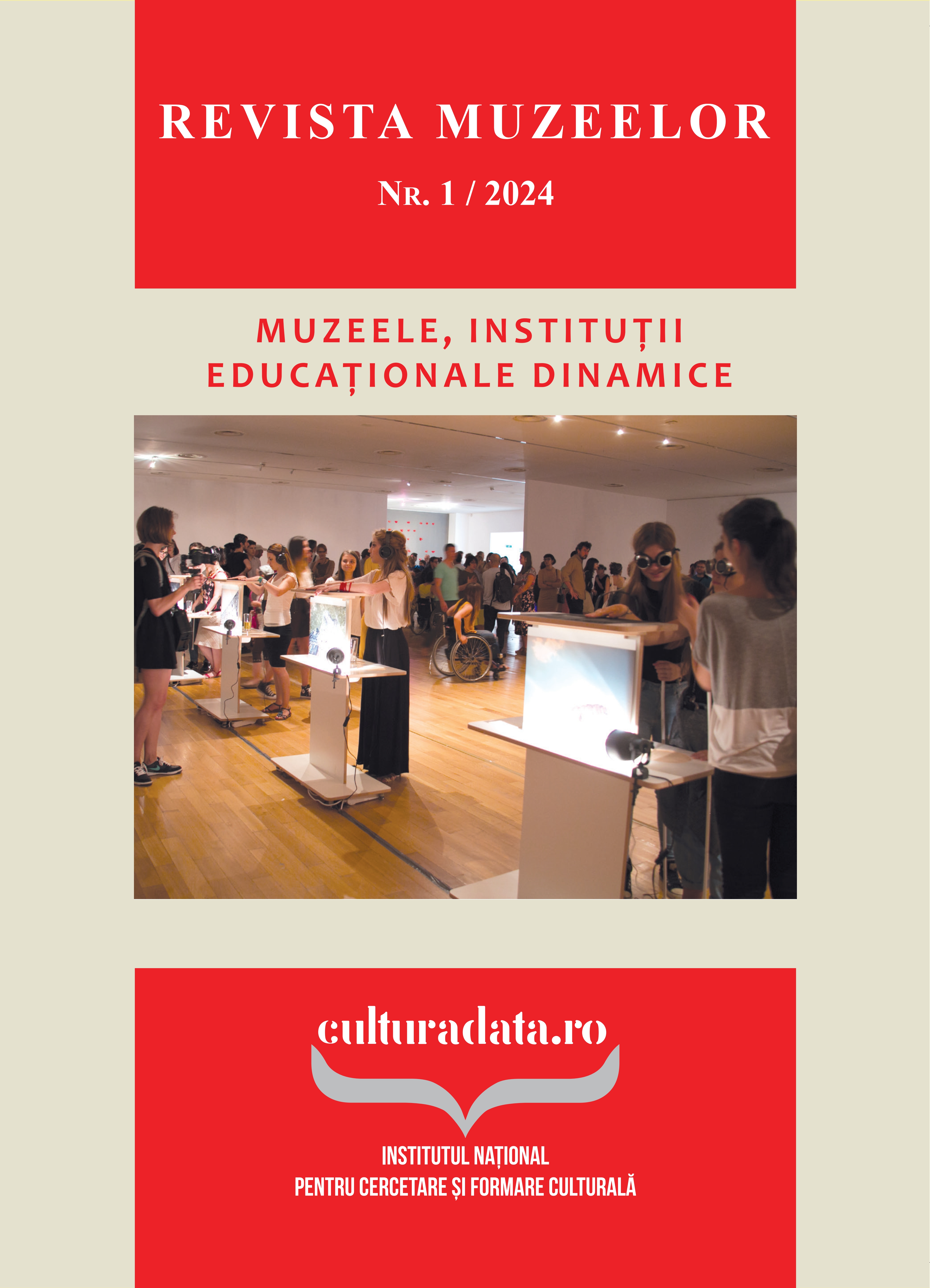Goodwill, Morality and Legislation in Restitution & Provenance Politics; a Reflection on Customary Laws and Property Ownership in Africa
Goodwill, Morality and Legislation in Restitution & Provenance Politics; a Reflection on Customary Laws and Property Ownership in Africa
Author(s): Winani ThebeleSubject(s): Anthropology, Cultural history, Museology & Heritage Studies, Customs / Folklore, International Law, Preservation, Other, Civil Society, Diplomatic history, International relations/trade, Culture and social structure , Sociology of Culture, Canon Law / Church Law, Business Ethics, Politics of History/Memory, Politics and Identity, Identity of Collectives
Published by: Editura Universul Academic (SC GOOD LUCK SRL)
Keywords: Restitution; Provenance; Heritage; Colonial; Communities; Collective; Museums
Summary/Abstract: Calls for restitution and provenance research over colonial objects have embraced museums globally. The two theoretical undertakings complement one another. Governments, heritage institutions and individuals are reviewing the provenance of their colonial collections and returning them to descendant communities. Widely publicised return undertakings and ceremonies attest to this. Scholars and curators have revolutionised their thinking, approaches and writings with an intent to decolonize narratives associated with the colonial holdings. Conversations through seminars, conferences, workshops and political statements complement the efforts. However, the returns are usually presented as voluntary gestures, driven by morality, redress, equality, correction of colonial wrongs and calls for human rights. This article argues that there are also legal obligations as evidenced by developments in Europe and America today. The article methodologically interrogates three intertwined subjects: 1. the current state of affairs with Africa’s colonial heritage; 2. the customary laws on collective ownership of heritage by communities as a contributory catalyst to the migration of heritage; and 3. an ignored factor in the quest for repatriations and the development of national legal structures by states that hold colonial objects. The argument is that these should be balanced; the returns are not only based on morality and goodwill by hosting states, but are also enforced by legal obligations. The paper further argues that all stakeholders should be taken on board in provenance and restitutions, particularly the descendant communities, their wishes and customs. These present as part of ‘best museum practise’ and the decolonization narrative.
Journal: Revista Muzeelor
- Issue Year: 1/2024
- Issue No: 1
- Page Range: 145-168
- Page Count: 24
- Language: English

